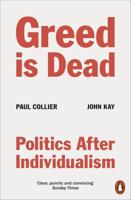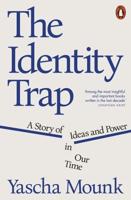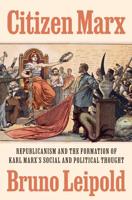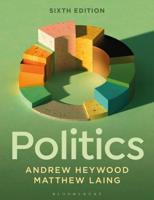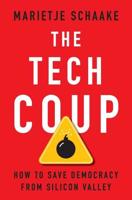Publisher's Synopsis
Russia's 2022 invasion of Ukraine, the rise of populism and uncertainties about the future direction of US politics and foreign policy have created a troubling new international environment for Europe. Against this background, Security in 21st Century Europe explores the evolution of European security since the end of the Cold War and the security challenges facing European states in the 2020s and beyond. It argues that security in Europe has been transformed by the development of liberal regional order underpinned by a security community - a zone of peace where war is inconceivable - and NATO and the EU. But today the European security community, NATO and the EU face a growing array of external challenges and even questions about their continued existence.
This third edition analyses:
- The relationship between the European security community/NATO/EU and the wider Europe, including: Russia; the Balkans; the former Soviet space; the Mediterranean and North Africa
- European engagement with core thematic security issues, including: military intervention; nuclear weapons; terrorism; and non-military security
- 3 new chapters on migration, climate change and cybersecurity
- All recent major developments that impact on European security, including: the Syrian civil war and resulting regional destabilization; the Russia-Ukraine war; China's accelerating rise; and populism
Security in 21st Century Europe combines theory and detailed empirical analysis, exploring both how different theoretical perspectives can help us think about European security and concrete empirical developments in European security policies and institutions. This text is the perfect companion for advanced undergraduate and Master's level courses on European security, whether within courses in Security studies, European studies or International Relations.

